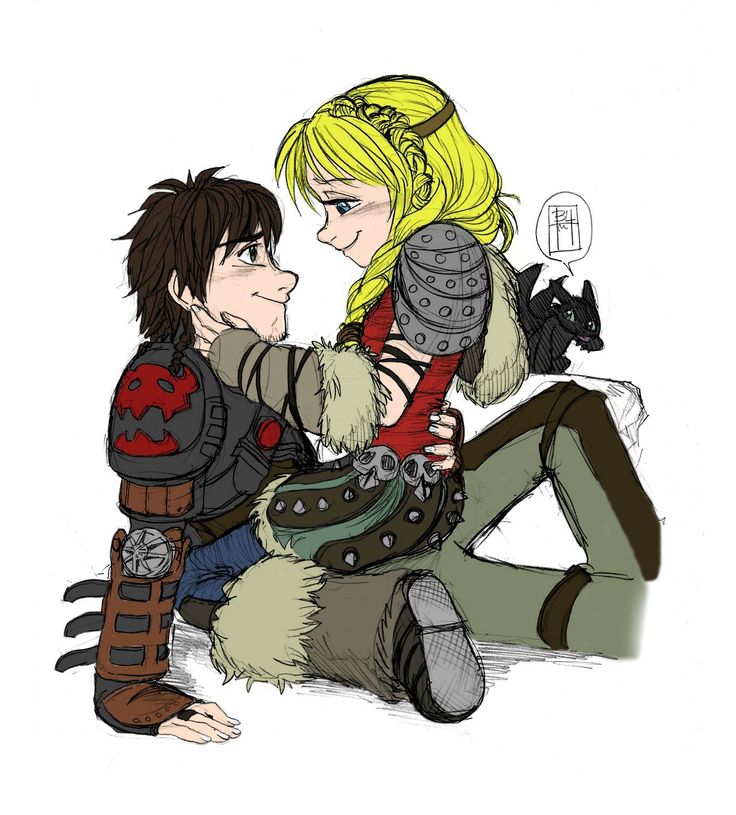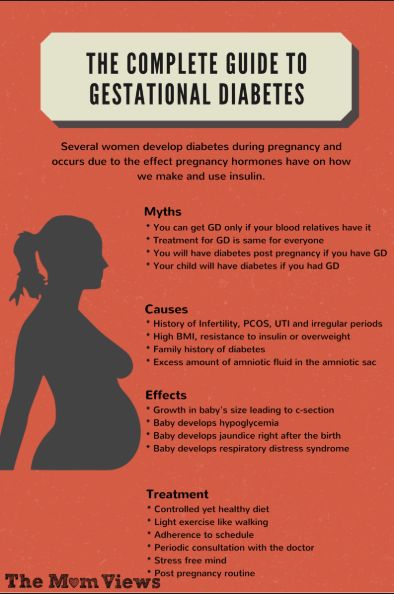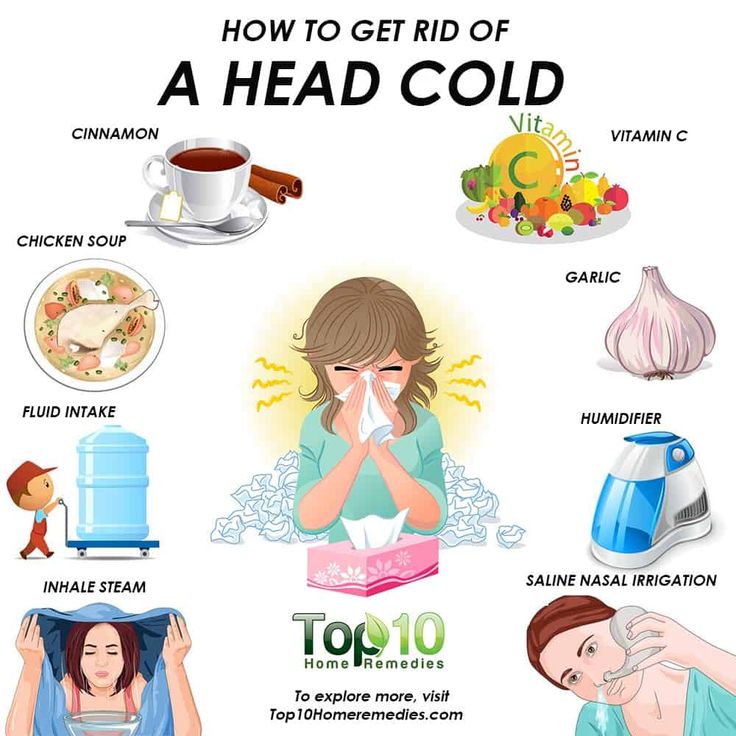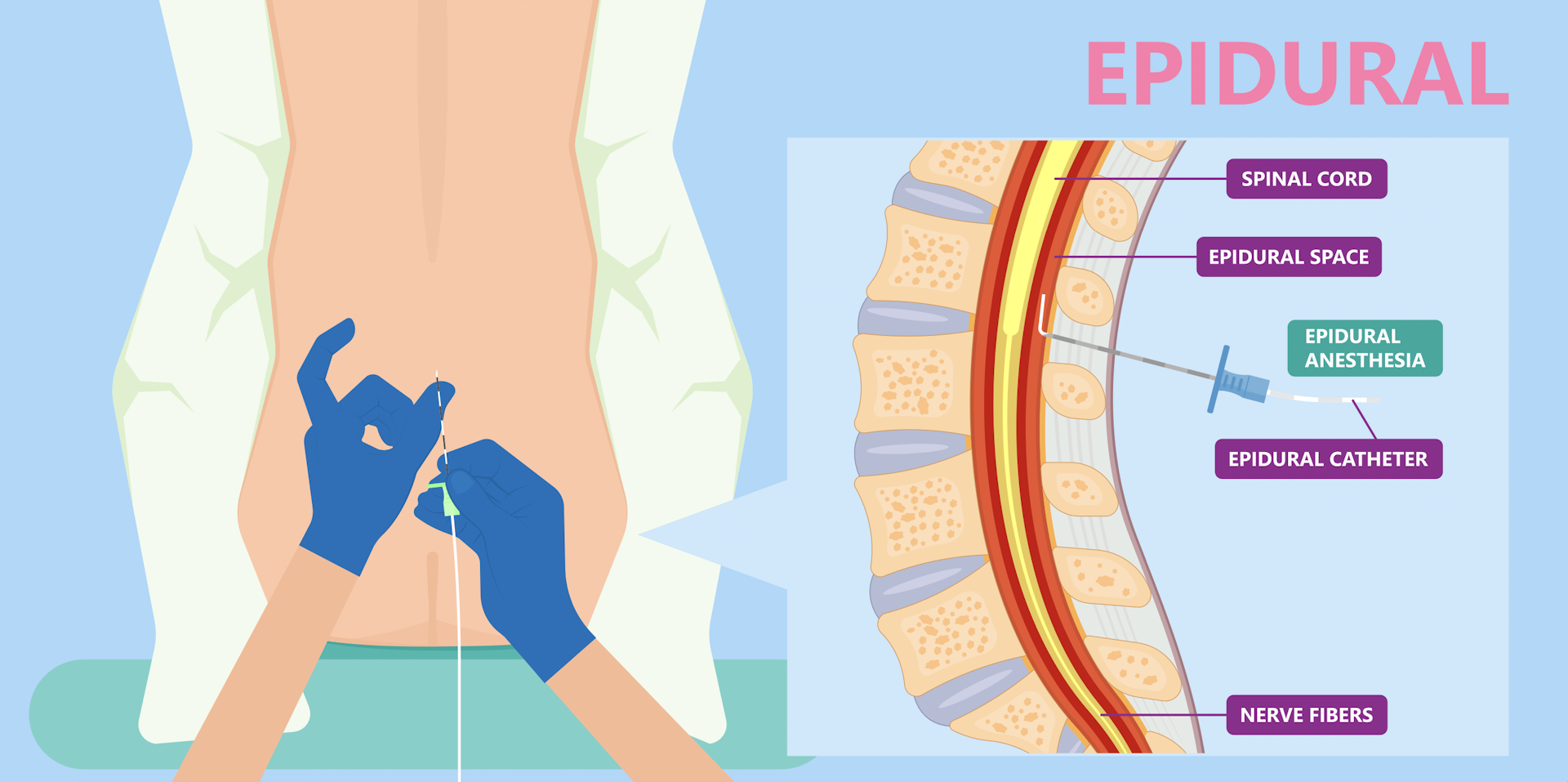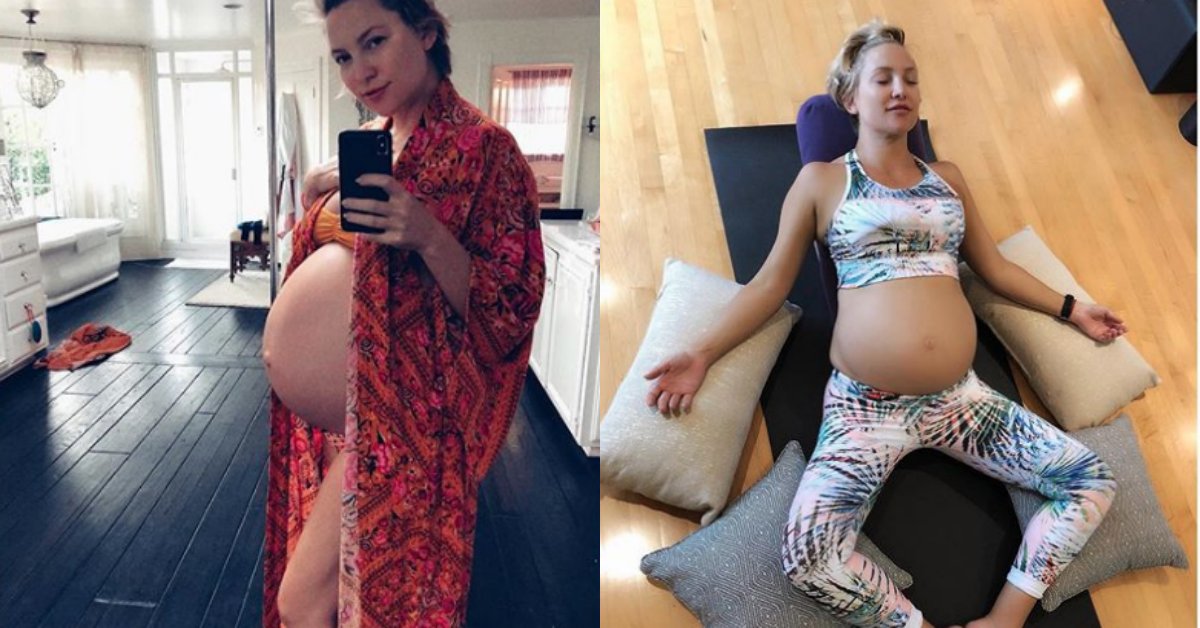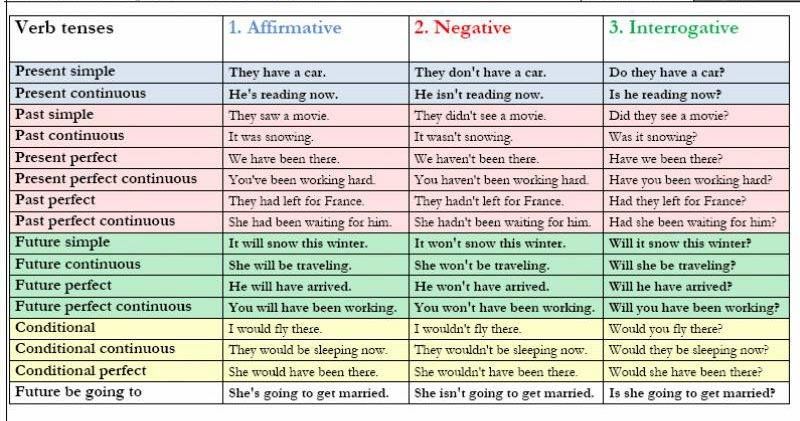Hiccup cure for infants
The Cure for Newborn Hiccups
Baby hiccups result from a contraction of the diaphragm and the quick closing of the vocal cords. The diaphragm is the main muscle the body uses for breathing. A rapid closing of the vocal cords is what creates the sound of hiccups.
Since hiccups tend to bother adults, you may assume they bother babies as well. However, babies are typically not affected by them. In fact, many babies can sleep through a bout of hiccups without being disturbed, and hiccups rarely affect a baby’s breathing.
In fact, a 2019 study indicated that hiccups may be important to your baby’s brain development and breathing. Hiccups in infants are likely another development tool — and one of the earliest they develop in the womb.
But if your baby seems to be uncomfortable, here are some tips:
- Burp your baby.
- Give them a pacifier.
- Let the hiccups run their course.
Let’s look deeper at these suggestions:
Taking a break from feeding to burp your baby may help get rid of the hiccups. Burping can get rid of excess gas that may be causing the hiccups.
If your baby is breastfed, burp them before they switch breasts.
TipRub or gently pat your baby’s back when they have hiccups. Do not slap or hit this area roughly or with too much force.
Infant hiccups don’t always start from a feeding. When your baby starts to hiccup on their own, try allowing them to suck on a pacifier, as this will help relax the diaphragm and may help stop the bout of hiccups.
Babies under 1 year will hiccup fairly often, so letting them be is probably your best bet. More often than not, your baby’s hiccups will stop on their own in 5 to 10 minutes.
If they aren’t bothering your baby you can just let them run their course.
If you don’t interfere and your baby’s hiccups don’t stop on their own, let their doctor know. While rare, it’s possible for hiccups to be a sign of a more serious medical issue.
Some people use gripe water for hiccups. Gripe water is a combination of herbs and water. Some people say it helps with colic and other intestinal discomforts, though no evidence exists to support it.
Gripe water is a combination of herbs and water. Some people say it helps with colic and other intestinal discomforts, though no evidence exists to support it.
The types of herbs can vary and may include ginger, fennel, chamomile, and cinnamon. Gripe water has not been clinically shown to help with hiccups in babies. It is also considered a supplement, and the FDA does not regulate gripe water.
One expert warns against giving babies gripe water before 6 months as it can reduce the amount of breast milk a baby will consume. There may also be a risk of adverse effects.
Before you give your baby anything new, it’s always best to discuss it with your baby’s doctor.
There are a few ways to help prevent hiccup episodes. However, it’s difficult to prevent your baby’s hiccups completely as the causes aren’t yet clear. They may even have some benefit, although research has not yet confirmed this.
Try these methods to help prevent hiccups (and for general good digestion):
- Make sure your baby is calm when you feed them.
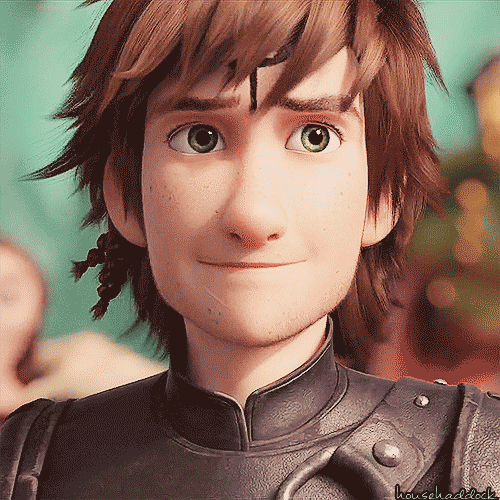 This means not waiting until your baby is so hungry that they’re upset and crying before their feeding begins.
This means not waiting until your baby is so hungry that they’re upset and crying before their feeding begins. - After a feeding, avoid heavy activity with your baby, such as bouncing up and down or high-energy play.
- Keep your baby upright for 20 to 30 minutes after each meal.
Hiccups are common in babies. They can also occur while the baby is still in the womb.
However, if your baby gets hiccups a lot, particularly if they’re also upset or agitated, it’s a good idea to speak with a doctor. It could be a sign of other medical issues.
Also, seek medical advice if:
- Your baby is having breathing or feeding problems.
- Their lips have a blue tinge (cyanosis), which could indicate low oxygen levels.
- Your baby’s hiccups are disturbing their sleep.
- Bouts of hiccups continue to happen often after your child’s first birthday.
- Hiccups continue for longer than 2 hours.
If you’re searching the internet on this topic, you may find a variety of recommendations for home remedies.
It’s important to note that doctors advise that you avoid many of the stereotypical cures for hiccups when your baby gets them. For instance, don’t startle your baby or pull their tongue.
These methods are not suitable for infants and may do more harm than good. If your baby seems content, there’s no reason to intervene.
What causes baby hiccups?
Most young infants probably hiccup due to swallowing air during a feed. Many hiccup from before they are born and continue to do so for some time after delivery. One theory is that they are practicing using the muscles they will need for breathing. Speak with a doctor if your baby hiccups persistently or often, as some medical conditions can cause chronic hiccups.
Do all babies hiccup a lot?
It is common for babies to hiccup, and there is not usually any reason to worry. However, if you have concerns about your baby’s hiccuping, ask a healthcare professional for advice.
How do I stop my baby hiccupping?
You can try the following:
- Take a break from feeding and burp the baby, as this can get rid of any excess gas.
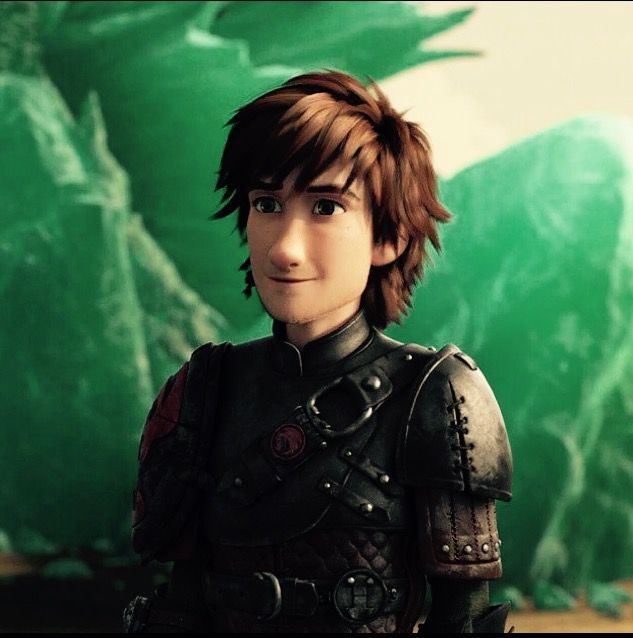
- Offer them a pacifier, as this may relax the diaphragm.
- Leave them to hiccup, and they will probably stop alone.
It’s not always clear what causes a bout of hiccups in infants, and there may be benefits yet to be known.
As long as your baby is not vomiting with their hiccups, does not seem bothered, and is under the age of 1, hiccups can be a usual part of development.
Regular hiccups should go away by the time your baby reaches 1 year old. However, if your baby often hiccups after that or seems upset or unusually cranky, talk with your doctor. They will be able to rule out any other possible causes.
Here’s What to Do When Your Baby Has the Hiccups – Cleveland Clinic
Your brand new baby has a serious case of hiccups. And while they’re a little bit adorable, you’re also wondering if there’s any cause for concern.
“Baby hiccups are very common, and they aren’t normally a problem,” says pediatrician Kylie Liermann, DO. “In fact, they usually bother parents more than the baby. ”
”
To calm your new parent nerves a little, Dr. Liermann explains what causes baby hiccups and how to get rid of them so you (and baby) can breathe easier.
Why do babies get hiccups?
Hiccups are most likely caused by irritation to the diaphragm, the muscle at the base of the lungs. Sometimes, that muscle starts to spasm or cramp. That causes the vocal cords to clamp shut, creating that distinctive “hic!” sound you know and dread.
Developing babies can get hiccups even before they’re born, and many pregnant people have felt the telltale flutters in their bellies.
Hiccups are especially common in newborns and infants. “We don’t know exactly why, but hiccups may be caused by increased gas in the stomach,” Dr. Liermann says. “If babies overfeed or gulp air during eating, that could cause the stomach to expand and rub against the diaphragm, generating those hiccups.”
Advertising Policy
Hiccups and gastroesophageal reflux
Usually, hiccups don’t bother babies. But sometimes, hiccups are a sign of gastroesophageal reflux (GERD). Reflux causes stomach acid to back up into the baby’s esophagus.
But sometimes, hiccups are a sign of gastroesophageal reflux (GERD). Reflux causes stomach acid to back up into the baby’s esophagus.
If your baby has GERD, hiccups won’t be the only symptom, Dr. Liermann says. Infants with reflux also have signs such as:
- Coughing.
- Spitting up.
- Irritability and crying.
- Arching the back, especially during or after a feeding.
If you notice these signs, talk to your doctor about whether your baby might have reflux and how to manage it.
How to stop baby hiccups
If your baby doesn’t have reflux symptoms, don’t stress over hiccups, Dr. Liermann says. But if those little “hics!” are bothering you, there are some things you can try.
Change feeding positions
Try feeding your little one in a more upright position, Dr. Liermann suggests. Propping your baby up on a pillow so they aren’t lying flat may help them take in less air at mealtimes.
Advertising Policy
Burp more frequently
“Burping usually helps with hiccups,” Dr. Liermann says. Burp your baby during feeding to prevent hiccups from striking. Try taking a burp break after 2 or 3 ounces.
Liermann says. Burp your baby during feeding to prevent hiccups from striking. Try taking a burp break after 2 or 3 ounces.
If you’re nursing, burp your baby before you switch sides. If your nugget already has hiccups, you can try to relieve them with some gentle pats on the back.
Reach for the binky
Pacifiers can sometimes stop hiccups in their tracks. “The sucking motion can help relax the diaphragm,” Dr. Liermann explains.
Give gripe water
Gripe water is an over-the-counter blend of herbs marketed as a treatment for colic and tummy troubles. Some parents find it helps with hiccups, too.
But above all, says Dr. Liermann: Don’t fret. “Hiccups stop on their own and don’t cause discomfort to babies. So don’t feel you need to treat them,” she says.
How to cope with hiccups in a newborn baby
Causes of hiccups in a baby
There are many reasons that cause hiccups in a newborn:
- Excessive air intake during feeding.

- Overfeeding
- The cry of a baby, during which a large amount of air enters the lungs and stomach.
- Excess gas formation in the intestines, characteristic of children in the first three months of life. The accumulation of gases leads to an increase in intra-abdominal pressure and pushes the diaphragm upward. Stretching with intestinal gases is extremely painful for the baby. The crying that occurs during this is another factor that provokes hiccups due to excessive swallowing of air. nine0010
- If the baby is cold, this can also cause hiccups.
- Fright - unexpected and loud sounds, a flash of light can frighten the baby, as a result of which he begins to hiccup.
In rare cases, hiccups are caused by various diseases and pathological conditions. If you suspect that something is wrong with the baby’s health, you should urgently consult with a specialist.
How to deal with hiccups in a newborn baby? nine0004
Inexperienced parents often ask themselves: how to deal with hiccups in newborns? A nursing mother needs not only to create a friendly atmosphere in the house. She needs to carefully monitor her diet and exclude from it foods that invariably provoke pain in the tummy and increased gas formation in the baby.
She needs to carefully monitor her diet and exclude from it foods that invariably provoke pain in the tummy and increased gas formation in the baby.
In case of frequent hiccups, attention should be paid to the correct attachment of the baby to the breast. If his mouth does not cover the entire areola, but only the nipple, air can enter the esophagus and stomach during feeding, which leads to stretching of these organs, pressure on the diaphragm and causes hiccups. You can take short breaks during feeding, waiting for the air that came with the food to escape. nine0005
Important!
Care should be taken to ensure that the baby does not overeat. It is necessary to give him the amount of breast milk recommended by a specialist.
Do not breastfeed at the first sign of anxiety, attributing it to hunger. The baby may not want to eat all the time, and his crying may be due to overwork, discomfort from an overflowing diaper, or other reasons. After the establishment of lactation, you need to switch to routine feeding, finely adjusting to the needs of the crumbs. nine0005
nine0005
Do not put the baby to bed immediately after the next feeding. In this position, the pressure of the stomach on the diaphragm increases. It is desirable that the child stays in an upright position for 10-15 minutes. Pick him up and walk around the room with him.
When crying, do not wait for the baby to calm down on its own. Take the baby in your arms, hug it to you, shake it. An affectionate conversation, stroking, a bright toy will calm and distract the child.
Abdominal massage helps with excessive gas formation. Heat does a great job with intestinal spasms and promotes the release of gases. Therefore, a warm diaper applied to the tummy will alleviate the child's condition, the pressure on the diaphragm will decrease, and the hiccups will pass. nine0005
If the ailment is caused by a nervous shock, parents should be vigilant, eliminating sources of stress For example, you can change the signal on your mobile phone - set it to a quiet, calm melody. Some parents of newborns simply set the phone to vibrate so as not to frighten the baby with harsh sounds. It is recommended to remove the musical pendants from the baby's crib if you notice that immediately after turning on such a toy, the baby starts to hiccup.
It is recommended to remove the musical pendants from the baby's crib if you notice that immediately after turning on such a toy, the baby starts to hiccup.
Important! nine0005
If the hiccups are caused by hypothermia, you need to warm him up - put on warm clothes or cover with a blanket.
If hiccups are prolonged and accompanied by alarming symptoms such as fever, cough, shortness of breath, etc., a specialist should be consulted to rule out pathological processes.
How to remove hiccups from a newborn baby with folk methods?
There are simple ways to get rid of hiccups. True, not all of them are suitable for children. For example, to scare a baby to eliminate hiccups, of course, should not be. nine0005
An effective way to eliminate hiccups is to put the baby to the breast. The process of sucking soothes the baby, relaxes his muscles. The child stops crying, his breathing becomes rhythmic, and the hiccups go away.
Many experts are convinced that hiccups in a newborn baby are normal. Parents of toddlers need not worry. But if it is not possible to stop hiccups for a long time, and the child cannot sleep peacefully, you should seek help from a specialist. nine0005
Parents of toddlers need not worry. But if it is not possible to stop hiccups for a long time, and the child cannot sleep peacefully, you should seek help from a specialist. nine0005
Hiccups in newborns
home
reference Information
Resources for Parents
Hiccups in newborns
Hiccups is a physiological process in which there is a convulsive contraction of the diaphragm, which is a muscular barrier between the abdominal and chest cavities. During hiccuping, the glottis is closed, which leads to the appearance of a characteristic sound and movement. In newborns, the diaphragm contraction mechanism is very excitable, and therefore children in the first months of life are often prone to hiccups. nine0005
Causes of hiccups in newborns: hypothermia, overeating, swallowing large amounts of air during feeding, or the rapid absorption of food.
As a rule, hiccups most often occur due to mistakes in feeding the baby. In the process of overeating, a large amount of food absorbed stretches the stomach walls, which leads to a contraction of the diaphragm and hiccups.
Prolonged hiccups that do not subside can be a dangerous signal. This condition often occurs with pneumonia, diseases of the gastrointestinal tract, injuries of the spinal cord and chest. Sometimes the cause of hiccups can be helminthiasis and infectious pathologies. nine0005
A very common cause of hiccups is hypothermia. This is a kind of signal from the child's body for parents about the problem that has arisen.
Sometimes hiccups can occur in case of emotional shock, stress or fear. Loud music, bright lights, screams and other “noisy” manifestations of the life of those around the baby can be to blame for everything.
Symptoms of hiccups in newborns. As a rule, bouts of hiccups last about 10-15 minutes and do not cause much discomfort to the baby (at the same time, he behaves quite calmly). But sometimes this condition can be longer, as a result of which the access of oxygen is difficult and it becomes difficult for the child to breathe. In this case, urgent consultation with a specialist is required.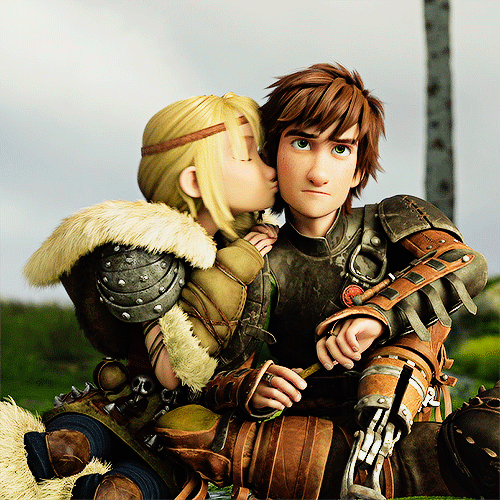 nine0005
nine0005
First of all, parents need to know - if the baby has hiccups regularly for two weeks and does not subside for a long time, it must be shown to the pediatrician to exclude the occurrence of various pathologies.
To rid the child of hiccups, first of all, it is necessary to remove the provoking factor. It must be warmed in case of hypothermia, watered in case of thirst and calmed in case of excitement. Also, in the process of feeding, the baby's head must be placed so that he cannot swallow air with food. nine0005
To eliminate hiccups, a baby can drop a drop of lemon juice or chamomile infusion under the tongue. If the hiccups do not go away, the child should be allowed to drink water, and then attach it to the chest.
How to properly feed a newborn: some useful tips.
The main rule is that the child should be fed only when he is really hungry. during this period, the baby should be calm. In the process of feeding, you need to make sure that the newborn does not swallow too quickly.